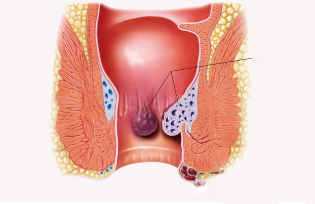Infertility, a condition characterized by the inability to conceive despite regular unprotected sexual intercourse for at least a year, affects millions of individuals and couples worldwide. Its impact extends beyond the physical realm, often causing profound emotional and psychological distress. Couples grappling with infertility often experience feelings of inadequacy, frustration, and grief as they confront the uncertainty of their reproductive capabilities. The journey towards parenthood, which is typically anticipated with excitement and hope, can become fraught with anxiety and disappointment for those facing infertility.
The causes of infertility are diverse and can stem from various factors affecting both men and women. Reproductive health issues such as ovulation disorders, low sperm count or quality, fallopian tube blockages, and uterine abnormalities are common culprits. Additionally, lifestyle factors including age, stress, obesity, and smoking can significantly impact fertility. While advancements in medical science have led to a multitude of treatments ranging from medications to assisted reproductive technologies like in vitro fertilization (IVF), access to these options may be limited by factors such as cost, societal stigma, or legal restrictions in certain regions.

